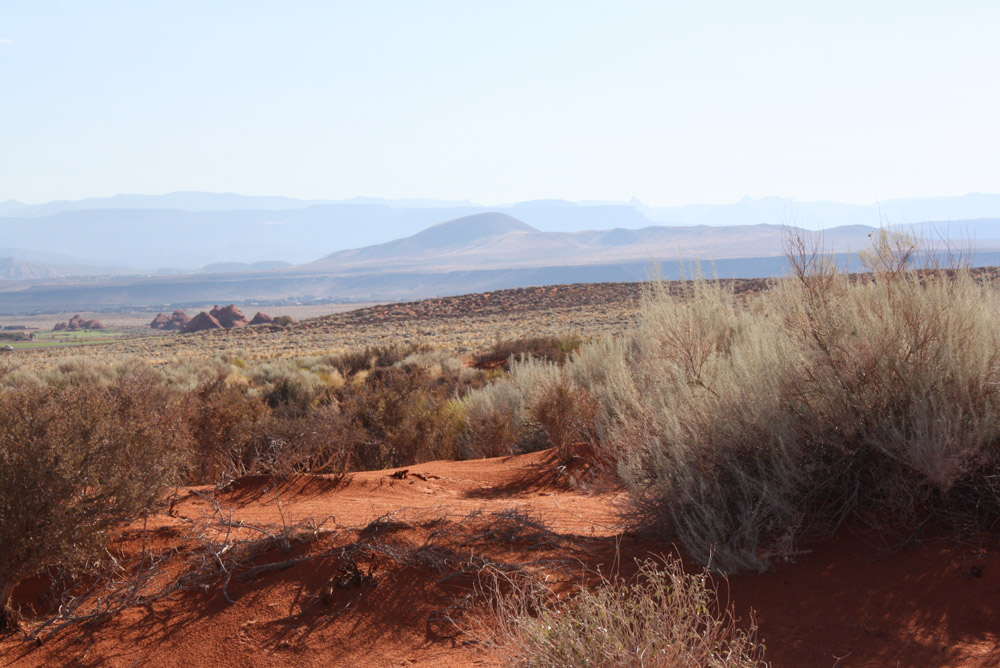Public Debate Set to Expose Public Lands Issues
Published: September 15, 2014 | Read Time: 3 minutes
 Strict deadlines seem to be a routine occurrence within academia and government. And a recent bill passed by the State of Utah legislature has a looming deadline of December 31, 2014 and it is beginning to gain a bright spotlight. Two years ago the Utah Legislature passed the Transfer of Public Lands Act (also known as H.B. 148) demanding the transfer of all public lands (excluding national parks) from the federal government to the state.
Strict deadlines seem to be a routine occurrence within academia and government. And a recent bill passed by the State of Utah legislature has a looming deadline of December 31, 2014 and it is beginning to gain a bright spotlight. Two years ago the Utah Legislature passed the Transfer of Public Lands Act (also known as H.B. 148) demanding the transfer of all public lands (excluding national parks) from the federal government to the state.
According to Utah’s Public Land Policy Coordination Office, more than half the land in Utah is federally owned and managed. With this bill gaining momentum and the deadline impending, Southern Utah University along with the Michael O. Leavitt Center for Politics will host a debate on the issue, to shine a light on both sides of the argument.
In attendance for states gaining the land will be Utah Speaker of the House Becky Lockhart and Utah Representative Ken Ivory. These two will spar against University of Utah professors Dr. Dan McCool and Dr. Bob Keiter, both experts in the field on land resources and environmental studies, in front of a crowd of eager listeners on Thursday, September 18 from 6-7 p.m. in the Sterling R. Church Auditorium located within the Sharwan Smith Student Center.
Dr. Briget Eastep, director of SUU’s Outdoor Engagement Center and expert in natural resource recreation management and public lands, said of the issue, “This issue is larger than just public lands. This is part of the ongoing debate between federal and state jurisdiction. I’m excited to hear what the representatives have to say.”
She went on to add, “If the State of Utah took over the public lands, I believe access would become much more limited. If you look at just the Dixie National Forest, there are thousands of miles of ATV trails and administrators spent 10 years implementing a new motorized travel plan. This is just one example of how the federal government is cognizant of allowing access and multiple uses.”
Eastep is not alone in her concerns. Randall Violett, an assistant professor of agriculture, says, “I don’t foresee how this land transfer would ever work. I think this bill is really just our legislature’s way of trying to draw attention to the fact that we need to come to the table and renegotiate Payment in Lieu of Taxes.”
Violett explains that Payment in Lieu of Taxes (PILT) is money paid to the state by the federal government to compensate states for loss of revenue that could have been earned by the states if they had ownership of the land.
He went on to add, “The problem is that since the 1950s the formula for giving PILT money to states has not been adjusted. We haven’t even kept up with inflation. It would be like trying to live on a 1950 salary today. There isn’t really a good formula for giving PILT money to the states. I think the states are looking at this money and saying ‘we aren’t getting compensated enough.’”
The upcoming debate has brought the issue to the forefront of campus discussions. Students and faculty alike are eagerly waiting Thursday night, which is free and open to the public. And just like Eastep said, “We all have a lot of questions and I think this debate will be very interesting. I’m certainly planning to go.”
For those unable to attend the event, The County Seat will coordinate a live stream of the debate at thecountyseat.tv.
Photo credit: Reuben Wadsworth, St. George News
Contact Information:
435-586-5400
Contact the Office of Marketing Communication
This article was published more than 5 years ago and might contain outdated information or broken links. As a result, its accuracy cannot be guaranteed.
